5 Reasons Why You Should Choose WordPress over other CMS
WordPress is, by far, the most popular CMS. It’s free to install, SEO friendly, and more, with a simple interface and a wide variety of plugins and themes.
CMS (content management system) is generally defined as the software used to edit, manage, and modify digital content and create websites. Usually, web pages are written in different programming languages like HTML, JavaScript, PHP, or CSS. CMS platforms make it easier to create a website without writing codes. Unless you’re looking for a developer-friendly CMS meaning you already have full command over programming languages. Some of the best-known CMSs are WordPress, Joomla, Shopify, Drupal, Squarespace, Oracle, etc.
In this article, we’ll discuss WordPress, specifically, and why it is a better choice compared to other CMSs.
WordPress.org, not to be confused with WordPress.com, is the world’s most popular CMS software used by ~30% of the websites all over the internet. Launched in 2003, WordPress is a free open-source CMS originally designed as a blog hosting platform, but now it’s used by all sorts of websites and online stores. Based on PHP and with MySQL database, it offers a bunch of tools to help create content, images, videos, etc. for your websites and blogs. WordPress requires nothing more than a domain and a hosting service, allowing the users to create and publish webpages.It is used by more than 60 million websites, including 33.6% of the top 10 million websites as of April 2019. It dominates the CMS market with ~60% market share.
WordPress needs to be installed on a web server, an internet hosting service, or a computer running the software package of WordPress.org to serve as a network host. Other than that, the WordPress website has a very detailed installation tutorial with screenshots of every step.
In every way, WordPress seems like a smarter choice than other CMSs but we’re going to list 5 of the top reasons why it is a better choice.
User Friendly
You need a CMS that makes it easier for you to create and manage content, It should be simple, straightforward, and quick in making changes to the site before publishing it. WordPress is extremely simple and flexible in this aspect. You don’t require a professional programmer to manage the regular updates of a website. And it is way more than just a blog hosting platform now. WordPress has a huge range, it can be used in the creation of an e-Commerce store to building a whole other social network.
It has a multifunctional dashboard that can be mastered by anyone without demanding any programming knowledge. Any person with even the slightest knowledge about WordPress could play around with the multifunctional dashboard of the site and get the hang of it in 10 – 20 minutes. People often claim that once you have the hang of the functions then WordPress is as simple as writing down your content on a Word document. Plus, if English is not your native language, WordPress has been translated into 169 different languages by the team so you can easily create a multilingual site using plugins as well.
The users of the site have created blogs, forums, videos, different seminars, webinars, and books, highlighting different aspects of WordPress.com and allowing a big number of people to learn about it. On top of this, even WordPress.com offers official support to consumers. Someone with a paid WordPress.com plan has access to 24/5 live chat support. WordPress.com has a huge community that makes its pathway smoother as there are immediate solutions available just a click away.
Security and Control
WordPress is a safe and secure platform, generally. But like any other site on the internet, your website that’s created through WordPress is also prone to malicious hacker attacks and malware. Lucky for you, WordPress allows its customers to easily enhance the site’s security through features like password protection for folders. Keeping the site up to date will fight the potential security threats and shake off the bugs. It is quite easy to enable the SSL certificate on WordPress sites allowing you to bind a cryptographic key to an organization’s details. This activates the padlock, the HTTPS protocol, and allows the forming of secure connections.
WordPress also allows the site owner to choose what and how much data they want to share. For example, some might want a private page for their specific clients and a public page for anyone else. Adding plugins and add-ons allows the owners to filter and dispose of unwanted comments, making the site spam-free.
With other sites, you don’t have full ownership of your site and its content but with WordPress, you own the content and uploaded files and you can also easily move them to other host sites. With sites like Wix, Shopify, or Squarespace that are not open-sourced, you’re stuck with whatever the host provides to you and there isn’t much freedom. But because WordPress is free and open-sourced, you have the freedom to test the hosts and go with whatever performs the best. Furthermore, you also have the freedom to earn from your website in whatever way you want.
One of the best things about WordPress is the permissions or user roles. If you were to run the site as an administrator, you’d get access to the files, the plugins, SEO, and security tools. If there was an editor or some writers involved and you don’t want them to have access to anything besides the blog posts, then you can assign them roles such as the editor or the contributors. Afterward, an editor can then edit and publish the posts whereas the contributors can then write the posts but not publish them.
Furthermore, WordPress allows us to keep everything inside the dashboard. You can build your email list, send custom newsletters, and more, without any third-party apps.
Customization and Plugins
Once WordPress is installed on your server, you can customize any aspect of the website. It allows an extensive number of plugins to be used for the site meaning you can increase the functionality of your site while also making it look cool, all without knowing even the basics of coding. The plugin ecosystem, compared to other content management systems, is huge. According to the official plugin listings, WordPress alone offers approximately 52,000 plugins whereas its top competitors like Joomla and Drupal only offer approximately 8,000 and 39,000 plugins, respectively.
All these plugins enable you to work with your website’s SEO, Marketing and other related features, affiliate marketing, image galleries, and many more. The plugins are pretty crazy and there are so many that you could discover a new plugin every day. WordPress library hosts over 50,000 plugins, most of which are free. The library offers a wide range of plugins; for caching, for forums, for making the site spam-free, to social media ones. Installing one takes a few minutes and each plugin has its features listed, the demo videos, and screenshots of what it looks like.
WordPress is also very easy to expand. After Google started mobile responsive websites, WordPress was filled with mobile-friendly themes. You can easily switch to new better themes to give your website a fresh look, increase customer support, expand on what your business offers or require new tools if they aren’t available through plugins. Regardless, the process to upgrade the WordPress site’s themes is simple most of the time without requiring any tech professionals.
WordPress already offers a great selection of pre-made themes, but it also allows you to install third-party themes and plugins to personalize the site, without much coding knowledge. It allows you to choose the amount of content you’re willing to make public and what amount of it you want to keep private. WordPress also allows you to schedule the content so that it can be prepared in advance and posted whenever. WordPress also allows its users to add custom hashtags and categorize the content which enhances the browsing experience for the visitors. You can also upload and manage your photos, videos, graphics, etc. WordPress can embed multimedia content in the smallest frame of time and with great ease.
WordPress also allows you to use all your favorite third-party apps like your preferable payment gateways or your favorite service for email marketing. One can also integrate features like Google Analytics that a site requires for the site to function to its full potential. Because WordPress is such a popular platform, the third-party tools are developed with WordPress in mind.
SEO-friendly
SEO is a must to get traffic to your WordPress site and WordPress is well-designed for Search Engine Optimization purposes. It’s easy to create SEO-friendly URLs and to categorize and tag your posts keeping in mind the SEO. There are also a bunch of SEO plugins that are accessible in the library of the site.
There are plugins like Yoast SEO, SEMrush, All in One SEO, and more, making it extremely easy to optimize the WordPress site, keeping in mind the SEO, and without requiring any coding. All you need to do is set the basic settings to your needs and the plugins handle the rest. Some plugins analyze your content, let you know how effectively you targeted the keywords, and make suggestions about what would be a better choice. Even if you know nothing about SEO, you can leave it all to the plugins and their recommendations to give you a huge checklist which improves your SEO. With such plugins developed specifically for this purpose, your WordPress site is likely to get a high rank in search engines.
A well-known software engineer, Matt Cutts, who previously worked at Google, stated that WordPress takes care of around 80 to 90% of the mechanics of Search Engine Optimization. WordPress automatically assigns the meta description tags in HTML for your websites, accurately summarizing what the page is about before the visitor clicks on it. This allows the site to get included in lists and the site’s rank rises. A better ranking brings in more visitors leading to more clients which increases your profits.
Pricing
Some of the CMS options are completely free, some charge a monthly fee, but even with the free CMS software, you need to pay additional money for the third-party apps, plugins, designs, and extensions. When you are starting out with a new business, you want to keep the expenses low. A free CMS can save you a lot of money, allowing you to invest in other professional needs like design and customer service.
WordPress is free and open-source software, meaning the source code of it freely available, can be redistributed and modified according to the requirements. Since the source code of an open-source program can be modified by anyone on the internet, so it is also free to download. WordPress can easily be downloaded from WordPress.org, it can easily be redesigned and modified from thereon. With a 98% user satisfaction rate, it is ranked as one of the most popular CMS. The WordPress team is always working on making the software more accessible to everyone on the internet. You do, however, need a domain name which can cost anywhere from $9 – $15 per year. The hosting account with a web host to run the WordPress can also require a monthly fee, something like $7.99/month.
I’m sure the reasons listed above have guided you enough about what would be the right choice for when you’re making your first ever website, even if you don’t have any experience as a developer. But even if you are a developer, WordPress is still the best Content Management System out there. Yes, WordPress started as a blogging platform but with the tools, the designs, and the power it offers to its clients, it has become more than just a blogging platform.
There must be a reason that 62 of the 100 fastest-growing companies in the US use WordPress. WordPress has a full showcase of their clients and brands like Sony Music, Reuters, Harvard University, Mercedes Benz, BBC, even Beyoncé, and Obama use WordPress to host their sites.
Whether it’s for a News Portal, a Real Estate Site, an eCommerce store, an eLearning platform, or a forum, there’s a wide range of things you can do with WordPress.
Do you think we missed some of the best reasons to choose WordPress or other CMS? Feel free to mention those in the comments!
Mansoor Jadoon
Software Engineer by profession and a tech-enthusiast at heart. I enjoy creating online experiences for users which they would genuinely enjoy. I help businesses grow through different online media, using my knowledge of Digital Marketing, Web Design and Development. I enjoy all things WordPress. Learning and improving every day one step at a time!
Use coupon code SLIDER15 at checkout!

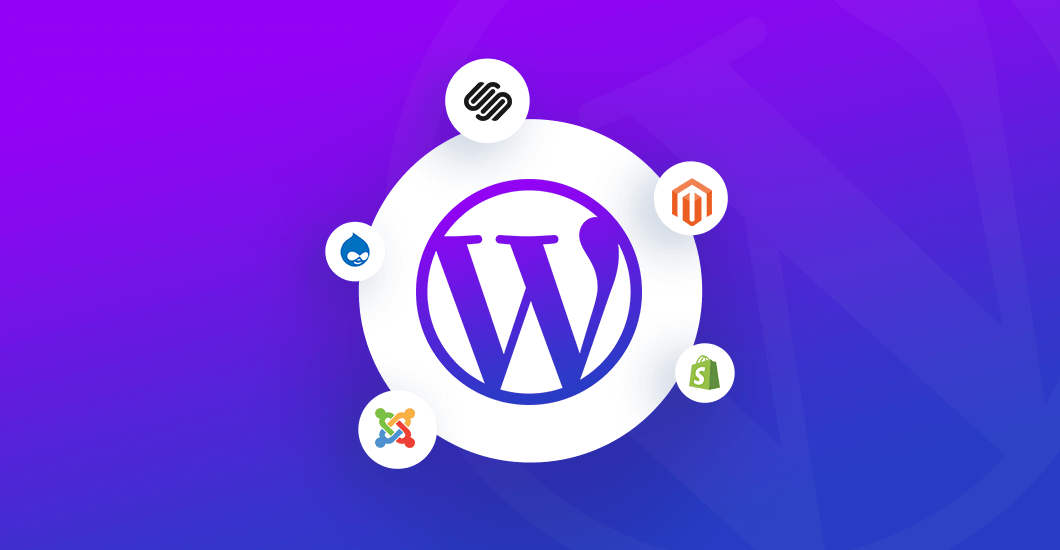


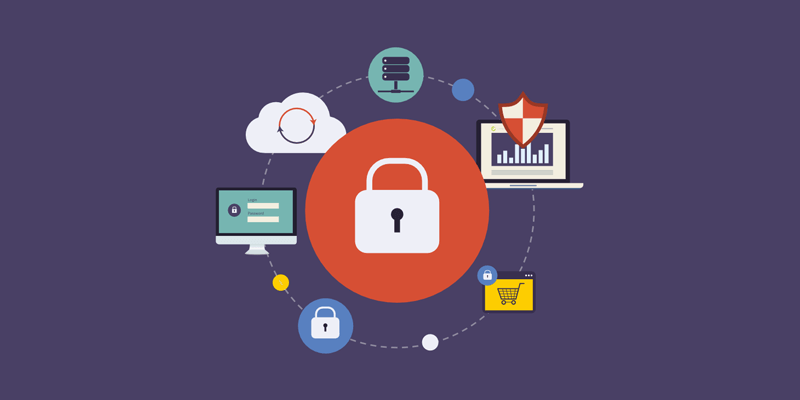
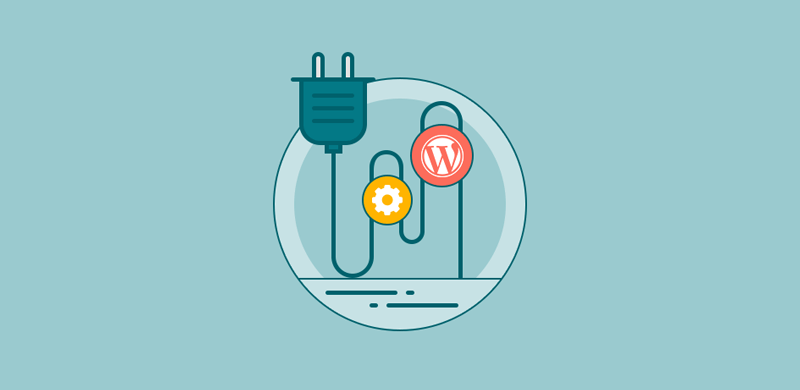



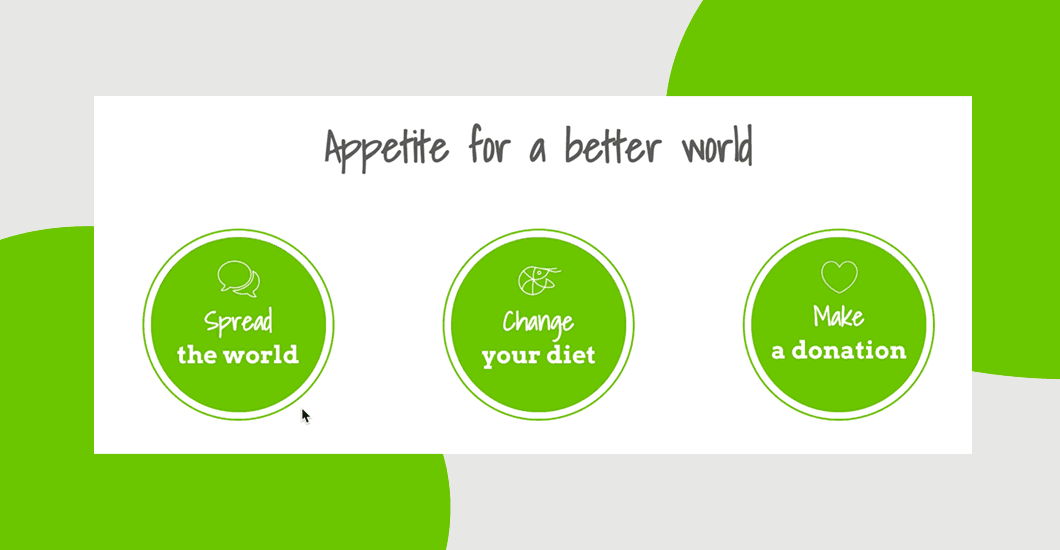
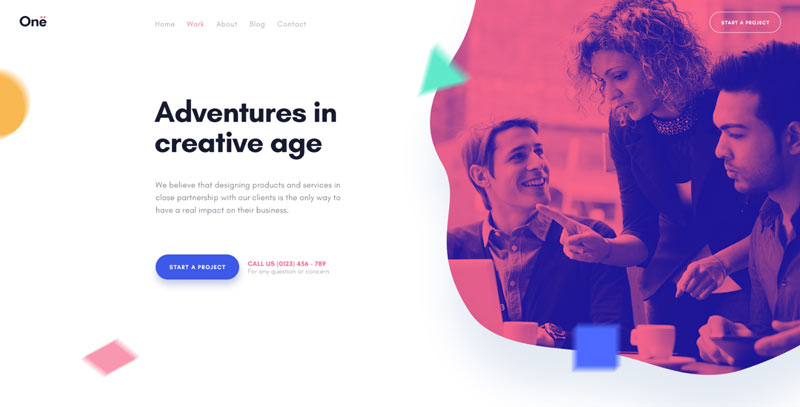

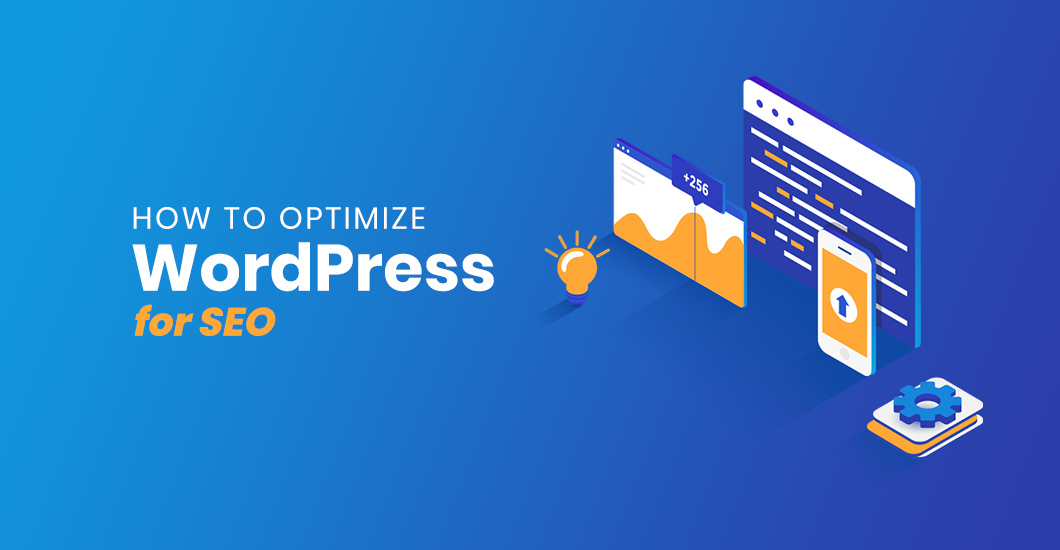
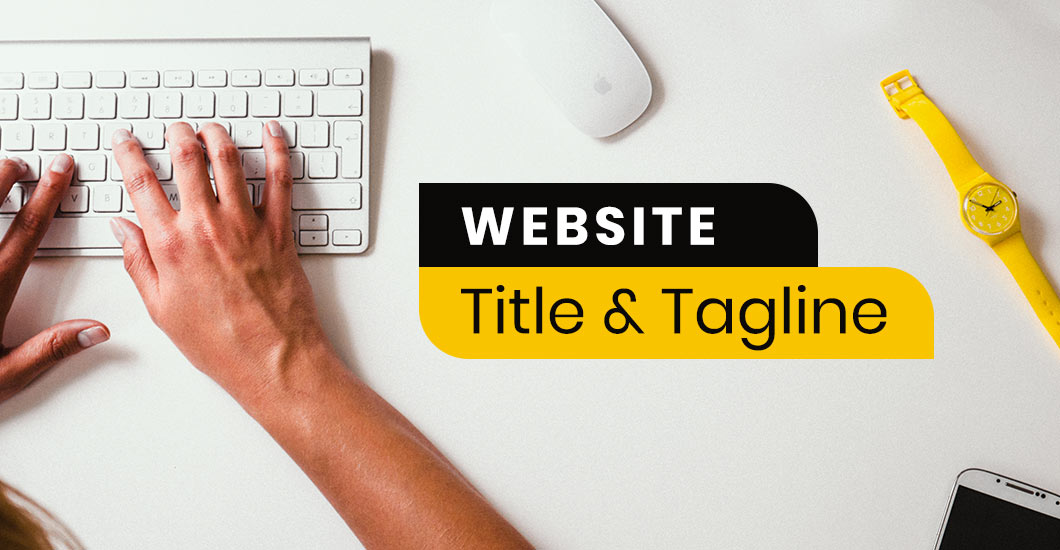
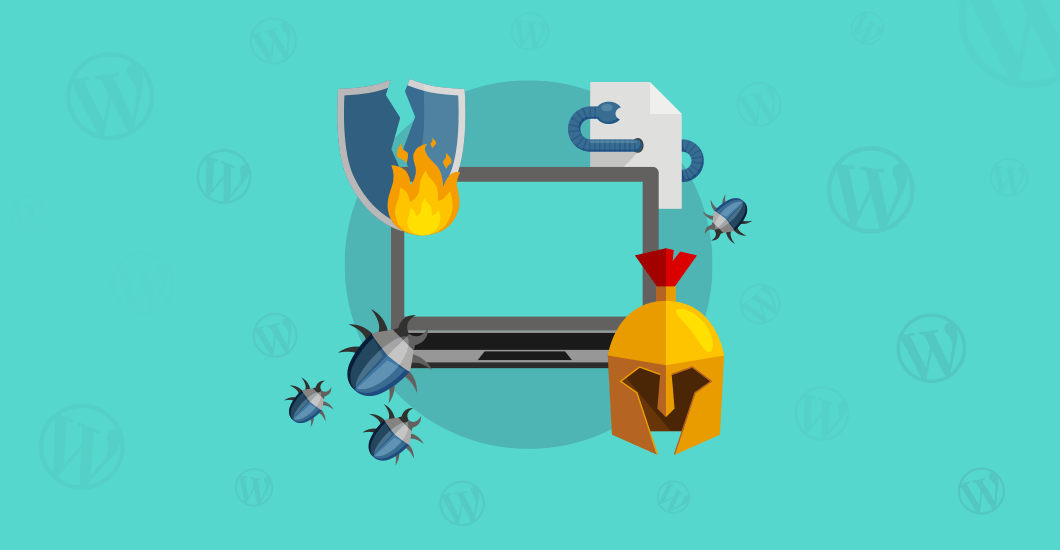
That is absolutely spot on! I’ve tried many other CMS to build websites, but none like WordPress. My number one reason is the customisation and plugins, WordPress community is huge and amazingly creative! I’m a freelance web designer and I would struggle a lot if I had to code all the features my clients ask me for, but I feel like I can accomplish anything just by simply using plugins!
Thanks again for your great article once again, I love your work guys! <3
I am neither a coder or a developer with zero coding skills. But WordPress has helped me create my blog effortlessly. Now, I help others in creating a website of any kind. And with Elementor, you can easily create a stunning landing page on WordPress. So WordPress is bang on!
One of the best articles to help others encourage for creating sites on WordPress.